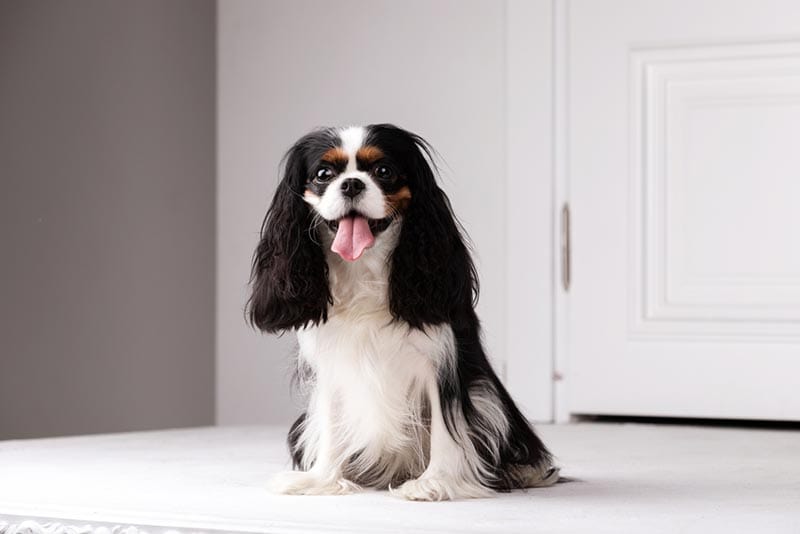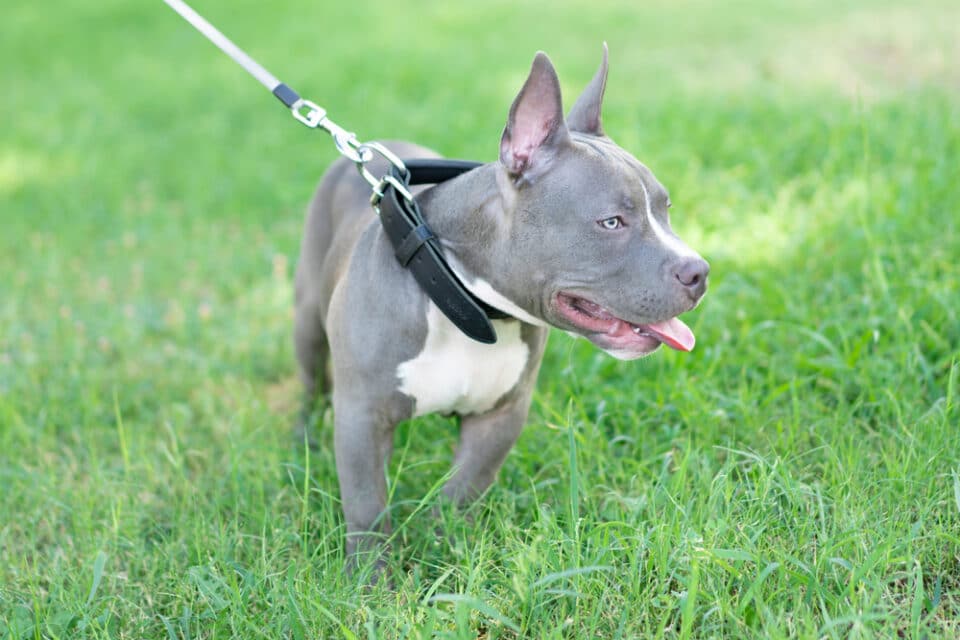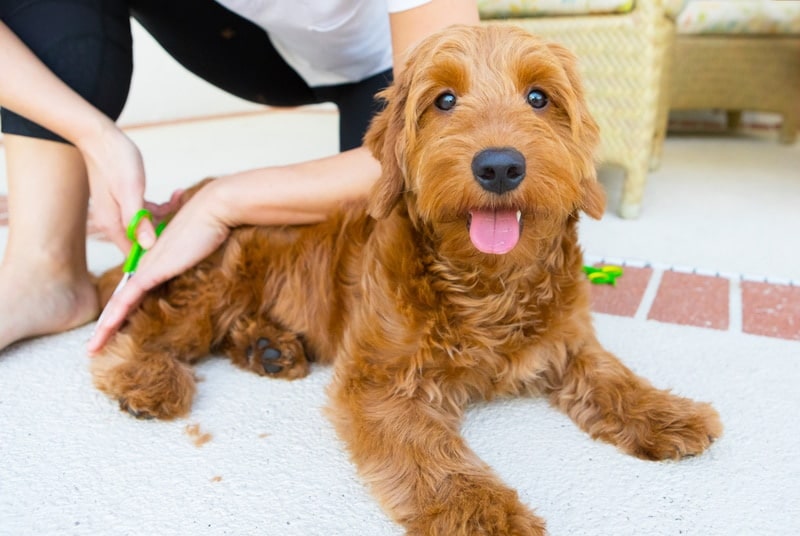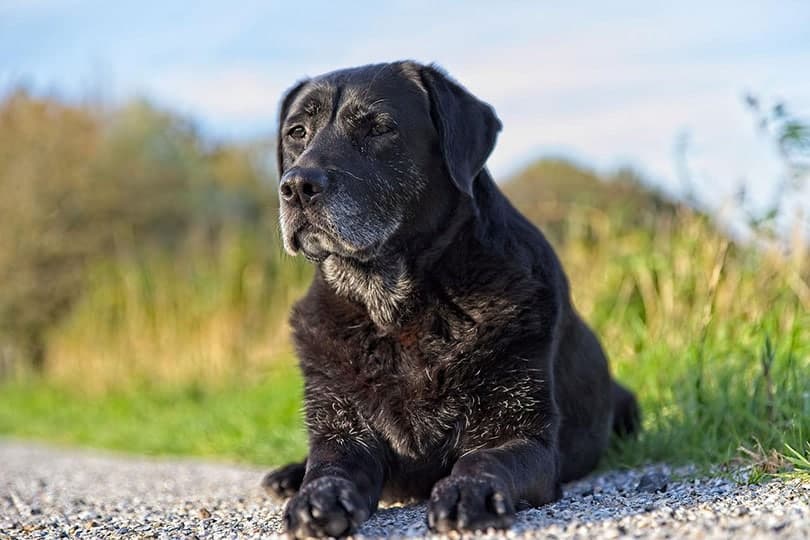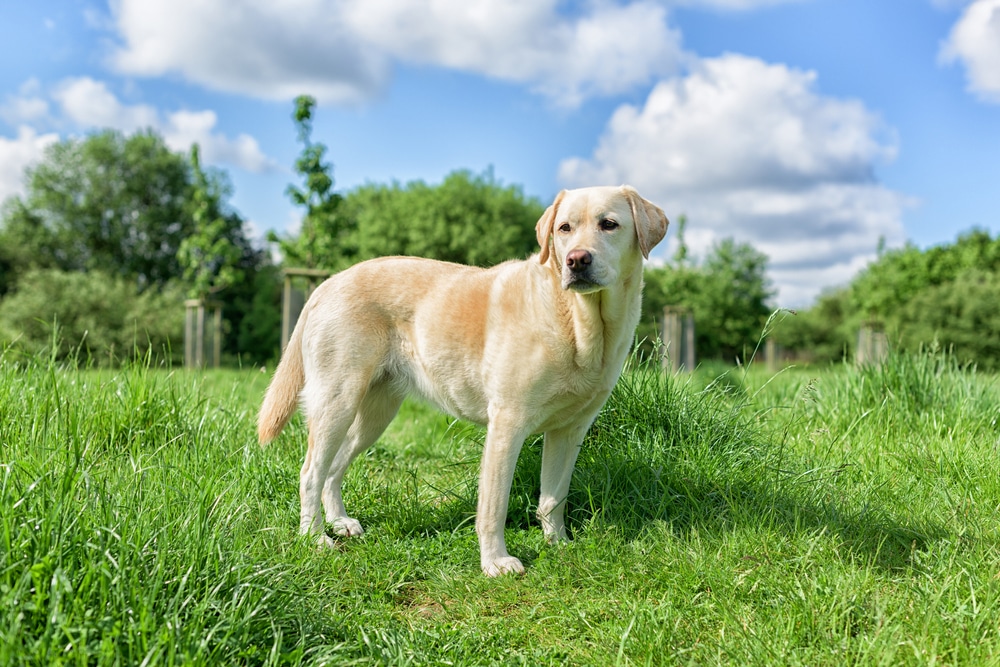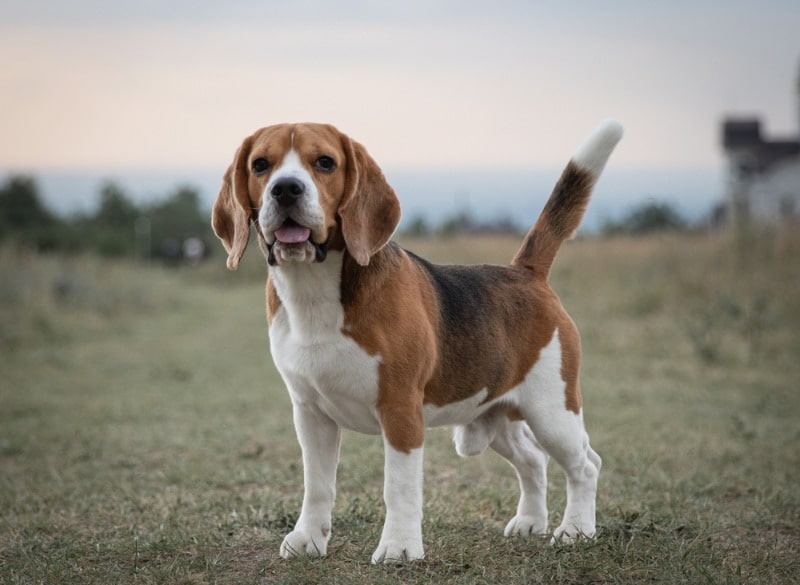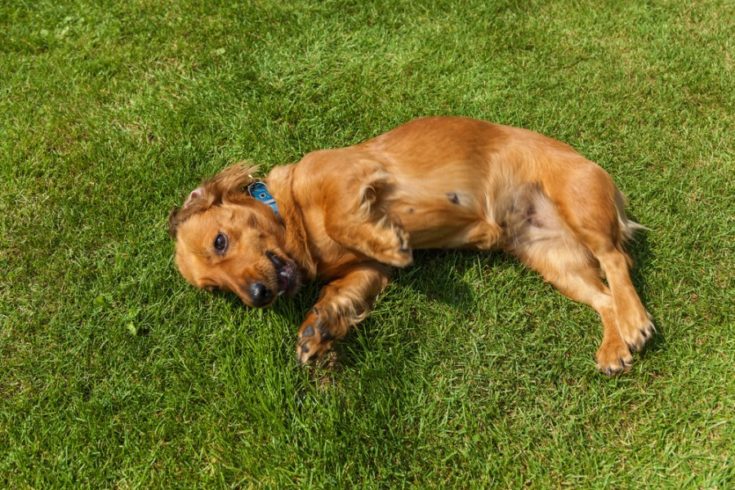Considering adopting a Cavalier King Charles Spaniel (CKCS)? These charming little dogs come with a mix of perks and challenges. Get a quick snapshot here before diving into the details.
- They’re great family and therapy dogs due to their balanced and affectionate personalities.
- Their grooming needs are minimal, with low shedding and easy maintenance.
- These intelligent canines are easy to train, making them perfect for first-time dog owners.
- CKCS dogs don’t require much exercise, ideal for busy individuals or those with limited time.
- Their laidback and easy-going nature makes them excellent companions for older and low-mobility owners.
First off, Cavalier King Charles Spaniels are incredibly versatile. With their affectionate nature, they fit seamlessly into families with kids and even serve as therapy dogs. If relaxing on the couch with a furry friend is a priority, this breed is perfect.
In terms of grooming, what a breeze! Although CKCS are double-coated, their overall shedding is quite minimal. This means less time cleaning up hair and more time enjoying life together.
These pups are not just a pretty face; they’re smart too. CKCS are quick learners and eager to please, making training a smooth process. This trait is particularly handy for first-time dog owners or those juggling multiple pets.
When it comes to exercise, CKCS are low-maintenance. No need for long, exhausting walks—just 20-30 minutes a day will do. Their playful nature allows them to entertain themselves, whether inside the house or in the yard.
Their easy-going personality is a big draw. These dogs are generally non-aggressive and love to snuggle, making them perfect lap dogs. This makes them particularly suitable for older individuals or those with lower mobility.
However, CKCS don’t handle heat well. Extreme temperatures can make them sick, so they should be kept in a controlled environment.
Swimming isn’t their forte either. While some dogs are natural swimmers, CKCS are not. Don’t expect them to be too keen on taking long dips in the pool.
One health concern to be aware of is their short muzzle, which can lead to respiratory issues. This also affects their exercise tolerance, making long hikes or walks challenging. Regular vet check-ups are essential for managing potential health problems.
Thinking of adopting one? Consider your lifestyle. They need regular short walks and may prefer to sleep in bed with you, which might be an issue if you have a partner who isn’t a dog person. Regular vet visits are crucial due to their respiratory issues.
If you’re sure about adopting, finding a reputable breeder or rescue organization is key. Reputable shelters screen potential owners and often require documentation to ensure the suitability of the new home. They also prefer to place dogs within the same state for easier follow-up.
Did you know that the Cavalier King Charles Spaniel was named after King Charles II of England? These small spaniels were bred to be lap dogs for ladies and were quite the rage in 17th and 18th century England.
On the downside, these dogs don’t do well in extreme temperatures, especially below freezing. Their short snout also makes them prone to respiratory issues.
Cavalier King Charles Spaniels bring joy and companionship but come with their own set of challenges. Weighing the pros and cons can help determine if this charming breed is the right fit for your lifestyle.
